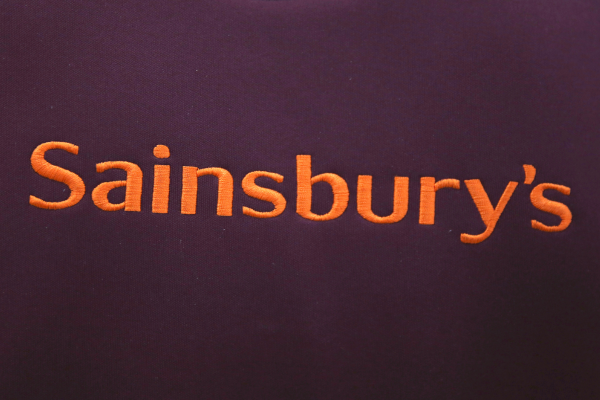How viable is citizen development?
Sponsored by ZukunftThere is now a $20 billion market for no-code apps and the citizen developer movement is at the peak of inflated expectations. How did this happen?

Citizen development is promoted as one way to put the power back into business users’ hands. The movement took its position on account of the amount of shadow IT (anything that can’t be monitored or managed with full transparency by an IT department) that has grown in large corporates over the past 20 years. We only have to look back at the Covid crisis in the UK to understand the risks inherent in shadow IT – an Excel spreadsheet error was blamed for 16,000 missing coronavirus cases.
With the advent of RPA, a proliferation of low-code and no-code tools exploded on to the market. These easier-to-use tools took advantage of technology that was too slow to change or too rigid to respond to business needs. But we may still wonder if it is that simple. Many IT execs and specialists have a wry smile about the viability of a citizen developer approach, with the word ‘developer’ usually sparking some concerns. Can the business really code without any background in coding? Perhaps instead, the question we should be asking is: can the business get by without it?
There is all too often a shortage of IT talent and budget for business leads to manage processes effectively. In the banking domain, a lot of banks’ internal systems are now decades old, problematic to expose APIs and slow to make changes. Operations users in the back office need flexibility to log and track comments on why something is booked the way it is and a tool that allows them to manage their operations without having to take on a headcount of hundreds.
Low-code/no-code tools can offer support for multiple file types and visibility of data enrichments without code hidden in the back end. Most importantly, there is less need for a developer to build a reconciliation. Already, this low-code configuration means change management timelines can reduce from months to days – a crucial differentiator when regulations can so rapidly change.
Low-code cases
To provide regulators with more transparency in real-world banking operations, business users already use some auditable tools, but they are often neither intuitive nor have user-friendly UIs. Other reconciliation tools in use have sophisticated code that does not make sense to business users. This is a key issue, since the way a reconciliation has been set up needs to be explainable to the regulators by the business. Likewise, if the builder leaves the company, there is often no traceability requirements for the reconciliations they have built?
From this lens, the frustrations of the business become clear. Key challenges that banking reconciliations have to face are cross-departmental reconciliations taking considerable time and effort, audit gaps due to the use of Excel, and the manual nature of adapting to regulation changes through data mapping.
Once the bank has upskilled the business in the relevant tools and is past the experimentation phase, the hard and soft benefits of citizen development are multi-fold. In one scenario, timelines to run a reconciliation were reduced by 50 per cent and there was a substantial reduction in licence costs, with some tools completely decommissioned. Furthermore, the bank adopted a simple and easy-to-use tool for non-technical SMEs, which brought further employee satisfaction and engagement.
As organisations have become more confident in digital offerings, citizen development is currently on the slope of enlightenment. But let’s be clear: these are simple and functional tools rather than highly innovative ones. Business operational leads don’t need a tool of mass innovation – they need a tool of mass usability to help them transition to the plateau of productivity that citizen development offers.

Business Reporter Team
Most Viewed
23-29 Hendon Lane, London, N3 1RT
23-29 Hendon Lane, London, N3 1RT
020 8349 4363
© 2024, Lyonsdown Limited. Business Reporter® is a registered trademark of Lyonsdown Ltd. VAT registration number: 830519543





